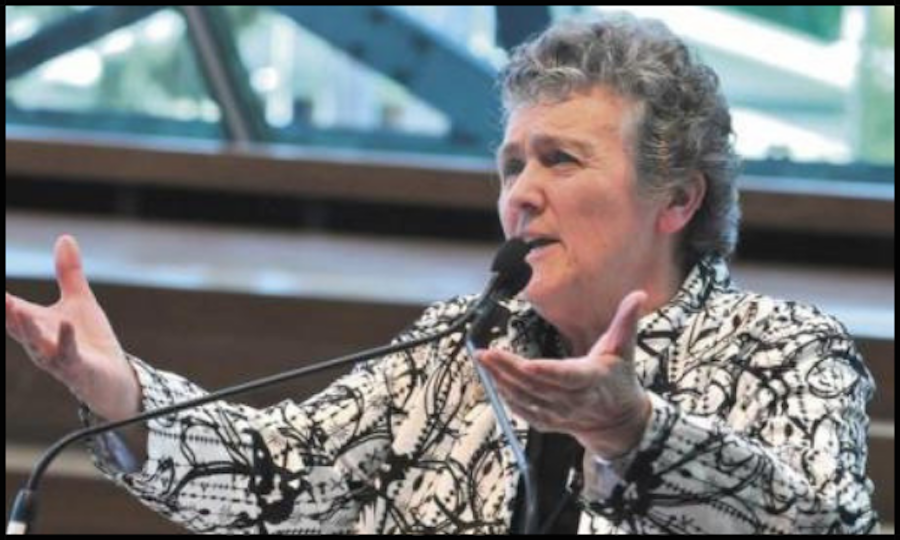We Must Allow Ourselves to Dream

“In a dream you are never eighty,” Anne Sexton wrote.
Whatever happens to the body, what toll age takes on the physical, the spirit does not grow old. In our dreams, in the way we ourselves see ourselves, we are forever becoming. Our dreams are always the vision of a younger self, a self-contained, energetic, self-determining person with a will of steel.
Our dreams reveal to us the basic truth of life: years are biological; the spirit is eternal. The number of our years does not define us. There is in the human being a life force that never dies. It is the life force that proves to us that age does not fossilize us. Down deep, where our souls live, we stay forever young. It is this surging, driving force that brings us to the bar of life every day of our lives, whatever our age, however much we have been through, prepared to live life to the hilt again.
To stay alive, fully alive, then, we must open ourselves to life’s eternal dream.
We must dream to be better people tomorrow than we were today. We do not have the right to give up growing just because age is assumed by many to have eclipsed the possibility. But that means that we must be willing to rethink all the ideas that have kept us bound until this moment. Are they still believable? Do we ourselves still believe them? And if we do not, what does that mean in regard to what we say to those younger people who have been influenced by these ideas because of us?
The very act of reviewing one’s own values, then and now, stands as a marker for us all. It reminds us that it is possible to learn as we go through life. It is even more important to be open to doing it and willing to report it. Life grows us. Life shapes us. Life converts us. Life opens us as we age to think differently, even about ourselves.
Whatever our physical age, we must go on dreaming of the desirable so that we can do our bit to make it happen. To simply withdraw from the arena of ideas, from public discourse on public issues, from the value formation of the young—to shrug our shoulders and say, “I don’t know” or, worse, “I don’t care about those things anymore” is to abandon the young to the mercy of their own ideas without the benefit of experience to guide them.
We must allow ourselves to dream about what life could really be like if enough of us demanded that it were. But to do that means to open for examination all the assumptions that have driven the world to this point. All of them.
In our dreams lies our unfinished work for the world. What we hope for is a guide to our present obligations to bring wisdom to the world. It is, of course, a wisdom derived from experience of all ilk: from our mistakes and our ideals, from our losses and our insights, from pain and from the little joys of our own past life and present situation.
Joan Chittister is one of the most influential religious and social leaders of our time. For 40 years she has passionately advocated on behalf of peace, human rights, women’s issues, and church renewal. A much sought-after speaker, counselor and clear voice that bridges across all religions, she is also a best-selling author of more than 50 books, hundreds of articles, an online column for the National Catholic Reporter, and a blog for the Huffington Post.
This essay was featured in the Oct. 21st edition of The Sunday Paper, Maria Shriver’s free weekly newsletter for people with passion and purpose. To get inspiring and informative content like this piece delivered straight to your inbox each Sunday morning, click here to subscribe.
READ MORE STORIES THAT MOVE HUMANITY FORWARD
READ MORE STORIES THAT MOVE HUMANITY FORWARD
SIGN UP FOR MARIA’S SUNDAY PAPER

